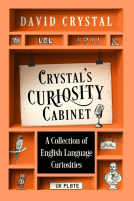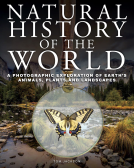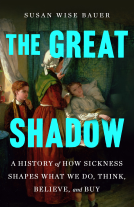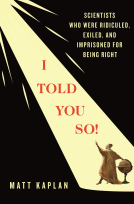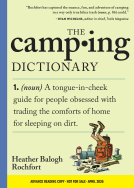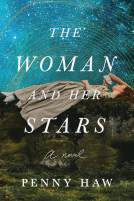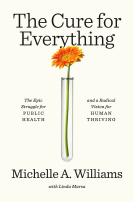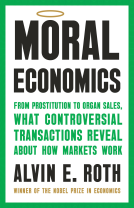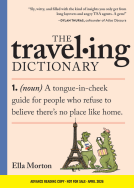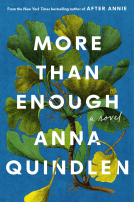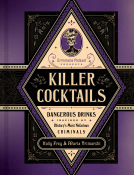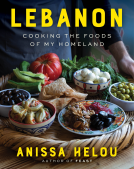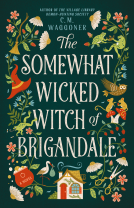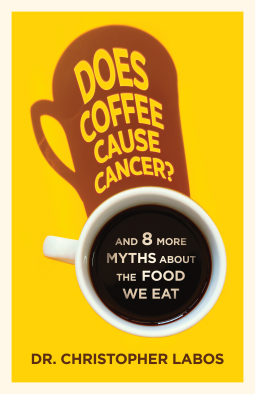
Does Coffee Cause Cancer?
And 8 More Myths about the Food We Eat
by Christopher Labos
This title was previously available on NetGalley and is now archived.
Send NetGalley books directly to your Kindle or Kindle app
1
To read on a Kindle or Kindle app, please add kindle@netgalley.com as an approved email address to receive files in your Amazon account. Click here for step-by-step instructions.
2
Also find your Kindle email address within your Amazon account, and enter it here.
Pub Date Oct 31 2023 | Archive Date Oct 10 2023
Talking about this book? Use #DoesCoffeeCauseCancer #NetGalley. More hashtag tips!
Description
- Does vitamin C prevent the common cold? And if it works, why does it only work in Canadian soldiers, ultramarathon runners, and skiers?
- Was red meat really declared a carcinogen by the WHO? Does that mean I should become a vegetarian? And who decides what gets labeled as red meat and white meat?
- Is salt really not that bad for you and did a group of researchers really want to experiment on prisoners to prove the point?
- Does coffee cause cancer or heart attacks? Why did a California court say coffee needed a warning label?
- Is red wine really good for your heart, and what makes the French Paradox such a paradox?
- Why did the New England Journal of Medicine link eating chocolate with winning a Nobel Prize?
- Why were eggs once bad for you but now good for you again? Does that mean I don’t need to worry about cholesterol?
- Should I be taking vitamin D?
Available Editions
| EDITION | Other Format |
| ISBN | 9781770417229 |
| PRICE | $19.95 (USD) |
| PAGES | 304 |
Links
Available on NetGalley
Average rating from 8 members
Readers who liked this book also liked:
Alvin E. Roth
Business, Leadership, Finance, Health, Mind & Body, Politics & Current Affairs
Anthony Randello-Jahn
Cooking, Food & Wine, Entertainment & Pop Culture, Humor & Satire

